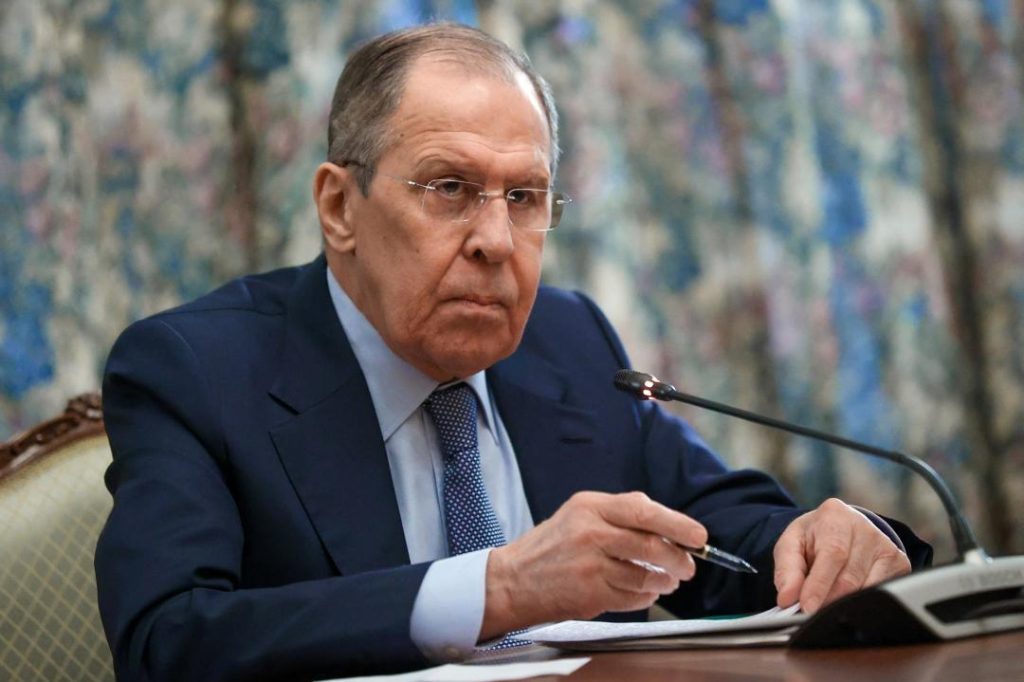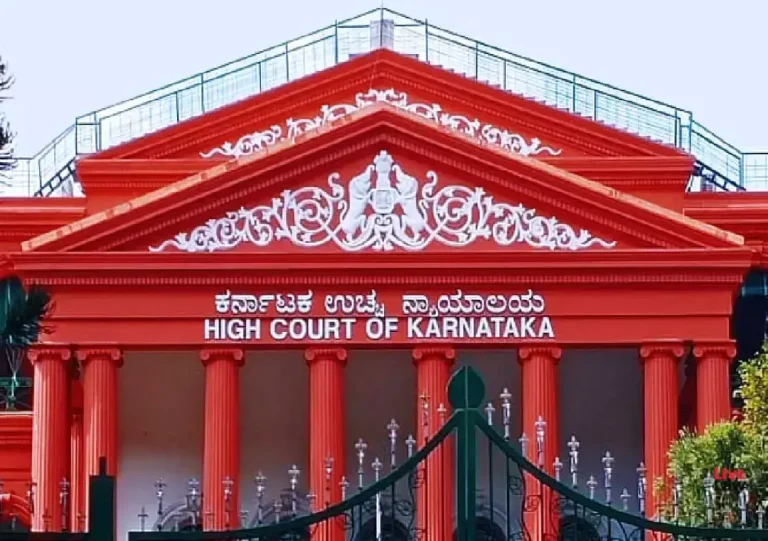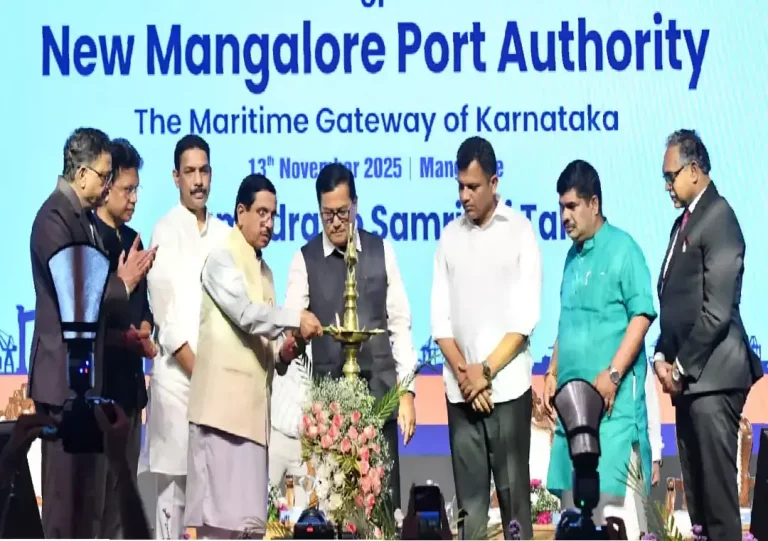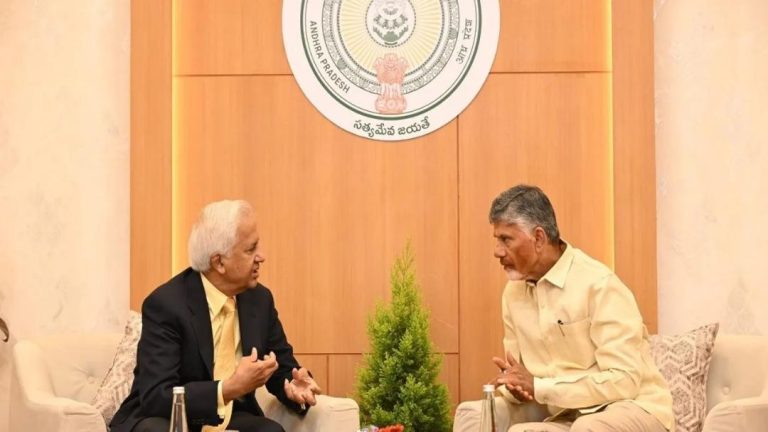
Russian Foreign Minister Lavrov Cancels June Visit to India
Russian Foreign Minister Sergey Lavrov has cancelled his upcoming visit to India, reportedly due to scheduling issues. The visit was expected to take place around June 16, during which Lavrov was supposed to hold talks with External Affairs Minister S Jaishankar in New Delhi. However, the visit has been cancelled, citing the unexpected trip of Jaishankar to Canada with Prime Minister Narendra Modi to attend the G7 Summit on June 17.
The news of Lavrov’s cancelled visit was reported by the Hindustan Times, citing sources in the Indian government. According to the report, the Russian Foreign Minister’s visit was scheduled to take place on June 16, but was cancelled due to the changed itinerary of Jaishankar. The External Affairs Minister is now expected to accompany Prime Minister Modi to Canada for the G7 Summit, which is scheduled to take place from June 17 to 18.
The cancellation of Lavrov’s visit comes at a time when India and Russia are trying to strengthen their bilateral ties. The two countries have been cooperating closely in various areas, including defence, energy, and trade. In recent years, India has been trying to diversify its relationships and reduce its dependence on China, and Russia has emerged as a key partner in this endeavour.
The upcoming visit of Jaishankar to Canada with Prime Minister Modi to attend the G7 Summit is seen as an important diplomatic engagement for India. The G7 Summit is an annual meeting of the leaders of the world’s seven largest economies, including Canada, France, Germany, Italy, Japan, the United Kingdom, and the United States. India is not a member of the G7, but has been invited to attend the summit as a special guest.
The cancellation of Lavrov’s visit may also be seen as a reflection of the changing dynamics in the international arena. Russia and India have traditionally enjoyed close ties, but in recent years, the relationship has faced some challenges. India has been critical of Russia’s actions in Ukraine, while Russia has been critical of India’s close ties with the United States.
Despite these challenges, India and Russia have continued to cooperate closely in various areas. In recent years, the two countries have signed several agreements, including a deal to supply Russian S-400 air defence systems to India. The deal is seen as a significant boost to India’s defence capabilities, and demonstrates the strong military ties between the two countries.
The cancellation of Lavrov’s visit may also be seen as a setback for India’s efforts to strengthen its ties with Russia. However, it is likely that the two countries will continue to engage closely in the future. India has been looking to diversify its relationships and reduce its dependence on China, and Russia has emerged as a key partner in this endeavour.
In recent years, India has been trying to strengthen its ties with Russia, and has been critical of Russia’s actions in Ukraine. India has also been critical of Russia’s close ties with China, and has been trying to reduce its dependence on China. However, despite these challenges, India and Russia have continued to cooperate closely in various areas.
The cancellation of Lavrov’s visit may also be seen as a reflection of the changing dynamics in the international arena. In recent years, the world has seen a significant shift in the balance of power, with the rise of new powers such as China and India. The cancellation of Lavrov’s visit may be seen as a reflection of this shift, and the changing dynamics of the international arena.
In conclusion, the cancellation of Russian Foreign Minister Sergey Lavrov’s visit to India is a significant development in the bilateral relationship between the two countries. The visit was expected to take place around June 16, but was cancelled due to scheduling issues. The cancellation may be seen as a setback for India’s efforts to strengthen its ties with Russia, but it is likely that the two countries will continue to engage closely in the future.






